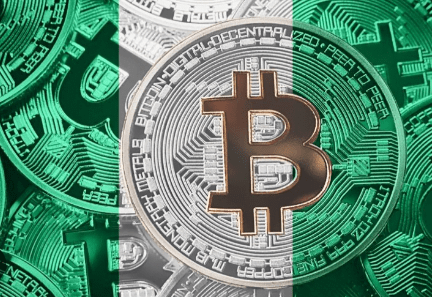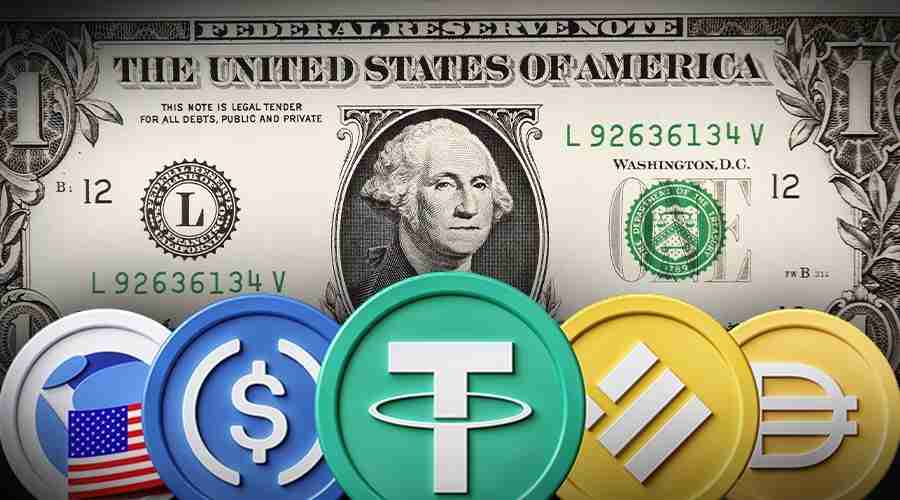Nigeria, a country known for its vibrant economy and rapid technological advancements, is poised to make a groundbreaking move in the world of digital currencies. In a historic development, Nigeria is gearing up to launch its first regulated stablecoin, marking a significant milestone in the nation’s embrace of blockchain technology and cryptocurrency.
What is a table coin?
A stablecoin is a type of digital currency pegged to a stable asset, usually a fiat currency like the US Dollar or Euro, to minimize price volatility. Unlike cryptocurrencies such as Bitcoin, which can experience substantial price fluctuations, stablecoins provide a more reliable and secure medium of exchange. The introduction of a regulated stablecoin in Nigeria is expected to address some of the concerns associated with traditional cryptocurrencies, providing a stable and trustworthy digital alternative for transactions.
This move comes at a time when central banks worldwide are exploring the potential of digital currencies. Nigeria’s decision to introduce a regulated stablecoin reflects a commitment to fostering financial innovation while maintaining regulatory oversight. The Central Bank of Nigeria (CBN) has been actively studying the benefits and risks of digital currencies, and the launch of a regulated stablecoin aligns with the global trend of central banks exploring digital alternatives to traditional fiat currencies.
One of the key advantages of a regulated stablecoin is its potential to enhance financial inclusion. With a significant portion of Nigeria’s population lacking access to traditional banking services, digital currencies can bridge the gap and provide financial services to the unbanked and underbanked. The stable value of the digital currency ensures that users can transact and store value without being exposed to the volatility often associated with other cryptocurrencies.
Additionally, the introduction of a regulated stablecoin can contribute to a more efficient and transparent financial ecosystem. Blockchain technology, which underlies most cryptocurrencies, allows for secure and tamper-resistant record-keeping. This can streamline processes such as cross-border payments, reducing costs and delays associated with traditional banking systems.
The regulatory framework surrounding the stablecoin launch will play a crucial role in ensuring its success. Clear guidelines from the CBN will provide users and businesses with confidence in the stability and legitimacy of the digital currency. Striking the right balance between fostering innovation and maintaining regulatory control will be essential for the sustainable growth of the stablecoin market in Nigeria.
The move towards a regulated stablecoin also positions Nigeria as a leader in embracing blockchain technology within the African continent. As other countries observe the developments in Nigeria, there may be a ripple effect, encouraging them to explore similar initiatives to harness the potential benefits of digital currencies.
However, challenges and skepticism may accompany the launch of Nigeria’s first regulated stablecoin. Public awareness and education campaigns will be crucial to dispelling misconceptions and building trust in the new digital currency. Collaboration between the government, financial institutions, and the private sector will be essential to create an ecosystem that supports the widespread adoption of the stablecoin.
In summary, Nigeria’s decision to launch its first regulated stablecoin marks a significant step towards embracing the future of digital currencies. With the potential to enhance financial inclusion, streamline transactions, and position Nigeria as a leader in blockchain innovation, the introduction of a regulated stablecoin reflects the nation’s commitment to adapting to the evolving landscape of finance. As the world watches, Nigeria is set to make history with this bold leap into the future of digital finance.






